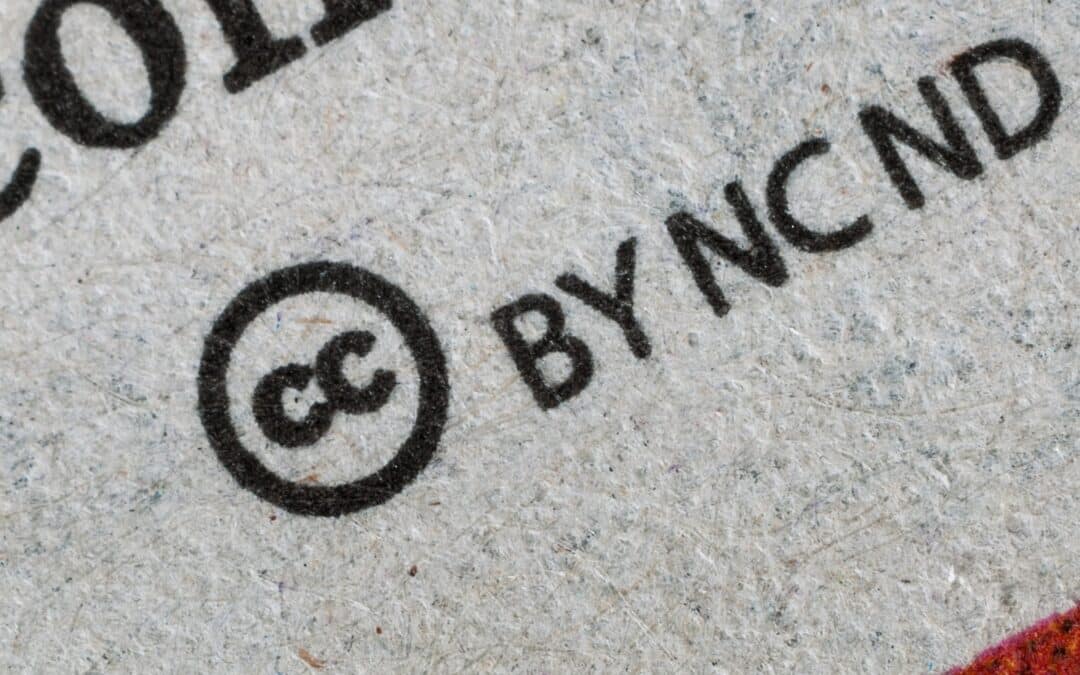Music is known to have several positive effects on people including being calming, soothing, and relaxing. Used correctly, music can be an integral part of creating a specific atmosphere for your customers and it can go a long way towards enhancing customer experience.
One way to do this is by paying more attention to your music on hold (MOH) settings. When customers call your business, they expect prompt service but sometimes this isn’t possible. That’s why most businesses turn to playing recorded music when they put customers or clients that they can’t serve at the moment on hold. Hearing nothing but silence on the other end of the phone can be unnerving for customers and they won’t be sure that they’re still connected. As a result, most would just hang up and end the call.
Playing some music for callers you put on hold is a great way to extend the time they’re willing to wait. It also lowers the chances of them getting bored and hanging up before they’re served. Additionally, using music on hold with voiceovers allows you to market your products or services to your callers. This is a great time to talk about specials or other services directing them to your website since you have a captive audience.
Copyright and Music On-Hold
As a business owner, it is your responsibility to know whether the music you are playing while customers are on hole is copyrighted and therefore needs compensation for its use. Illegally playing unlicensed music on hold could leave you facing charges of theft, piracy, and copyright infringement. This could escalate and cost your business huge sums of money in fines, ruin your business reputation, and even have you facing some jail time.
Intellectual property laws in the country protect the expression of ideas and provide for those who create music to earn a living from their creative abilities. Under the U.S copyright law, composers, songwriters, and music publishers have the exclusive right of public performance of their musical works. Performance in this case is considered any public use of music e.g. being played over a phone system to callers on hold, being played over a public address system, or on the radio. Any such public performance needs permission from whoever owns copyright over the music.
Downloading any music that hasn’t been purchased is also illegal even if the music has never been played publicly. To avoid repercussions, a business has to purchase the rights to the music so that you can legally play copyrighted songs as your phone on-hold music.
Legal Sources of Music On-Hold
If you’re running a business, a music on-hold system will need to be integrated into your phone system through an audio jack or through the administration portal of a Cloud Hosted PBX. That’s why it’s important to ensure that the business phone system service you purchase is compatible with your music source.
There are many sources of music for hold. Before proceeding to search for music you can use on your on-hold settings, you must first make sure that your music on hold player for on premise phone system or Cloud Hosted PBX can support them.
The most common sources of on-hold music that businesses use include:
- Stock MOH CDs with or without voice overs for on premise phone systems
- Off-the-shelf commercial CDs for on premise phone systems
- Custom-designed MOH services with or without voiceovers saved as a MP3 or WAV file and loaded on to the system
- Radio
- Streaming Music Sources like Pandora and Spotify
How to Legally Use Sources of On-Hold Music
It’s crucial to understand the laws and regulations governing these sources of hold music so you can pick the most appropriate one for your business.
Among the sources of hold music listed above, the only ones you could play without fear of legal repercussions are stock MOH CDs, custom-designed MOH messages, and Streaming services with a commercial license. Since stock MOH CDs and commercial streaming services are meant to be used for on-hold music, they feature music that’s already licensed or not protected under copyright laws. As for custom-designed MOH, since you’re the one choosing which particular songs need to go on the playlist, you can restrict yourself to music that’s not copyrighted.
If you choose to use on hold music from the radio, you have to pay for it. It might seem that this kind of music is free because it’s being publicly played, but it’s not. You have to pay for its use because radio stations still have to pay for licenses for the music they play and you don’t have rebroadcasting rights. Sometimes business owners purchase music from iTunes or Amazon then decide to play it as on hold music thinking that they’re in the clear as far as copyright laws are concerned. While it’s true that they purchased this music legally, playing it as on hold music or in a commercial public area is considered rebroadcasting and is illegal.
As far as using commercial CDs as a source of on hold music, you can only play the music if you had permission from the song’s mechanical copyright owner as well as the title copyright owner if the song isn’t in the public domain.
Playing online on hold music legally isn’t complicated because you can purchase a music on hold player with features that allow it to only select, download, and play music that doesn’t violate copyright laws.
Alternative Sources of On-Hold Music
You don’t have to restrict yourself to hold music from the sources we’ve listed. You can also choose to use classical music if that is a better fit for your business. The good thing about classical music is that you don’t require licenses for it. Alternatively, you could search online for royalty-free music that’s available to license and use that instead.
Regardless of whether you choose to go with a custom MOH CD or decide to get on hold music online, the most crucial thing is to ensure that all licenses are paid and your use of the music is within copyright laws.
There are many advantages of playing on hold music for your business. If you haven’t set this up yet, we can help you do it. To find out how we can help you integrate music on hold for your business phone systems, contact Red Mountain Technology Solutions today at 435-627-2990. We’ll be glad to help you out.

